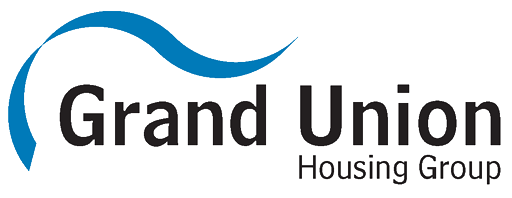Benefit Changes
Universal Credit is a new type of benefit which is being gradually introduced across the country for working-age people. It replaces a number of current benefits. For more information visit our Universal Credit page.
The Benefit Cap is a cap on the total benefits a claimant can receive. It is set at £22,020 per year per family outside of London, equivalent to about £423 per week. For single people with no children, the cap is £14,753 per year or about £284 per week.
How does it work?
The Benefit Cap only applies to Housing Benefit and Universal Credit claims. However it works by adding up all of the money you receive from a wider list of benefits (click here for a list). If your total benefit income from this list adds up to less than the figures above, then you will not be affected. If your total benefit income adds up to more than the cap, then your Housing Benefit or Universal Credit is reduced by the amount over the cap you are. However, many people this would apply to are exempt – see below.
For example if your total benefit income is £450 per week, this is £27 over the £423 per week cap, so your Housing Benefit will be reduced by £27 per week. This means you will have to pay this towards your rent instead. If you get Universal Credit, this works in the same way but is assessed monthly instead.
Who is exempt?
If you, your partner or children who you get Child Benefit for are entitled to any of the following benefits, you should be exempt:
- Working Tax Credit
- Disability Living Allowance or Personal Independence Payments
- Attendance Allowance
- Industrial Injuries benefits
- The Support component of Employment and Support Allowance
- The ‘Limited Capability for Work Related Activity element’ of Universal Credit
- War Widow’s or War Widower’s Pension
- Carer’s Allowance
- Guardian’s Allowance
Also, if you claim Universal Credit you will be exempt for each assessment period you earn the equivalent of 16 hours per week of the national minimum wage. In 2023/24 this will be about £722 per month. This is assessed monthly, so if your earnings vary around this amount you could be affected some months and not others. Finally, if you earned at least the equivalent of the national minimum wage over the 12 months before you claimed, the Benefit Cap is not applied to your claim for the first 39 weeks (Housing Benefit)/9 months (Universal Credit).
Am I affected?
Are you affected by the Cap and need help? Then please call us on 0300 123 5544 to ask for our Benefit Advice Team or email us on benefits@guhg.co.uk We can check your benefit entitlements, help you to apply for any of the exempting benefits if they apply or otherwise discuss your options with you.
If you are of working age and claiming Housing Benefit, or help with rent on Universal Credit, but have what the Government deems to be a ‘spare’ bedroom, your benefit may be reduced. Your Housing Benefit, or your Housing Element part of your Universal Credit, will be reduced by 14% for one spare bedroom, and 25% for two or more spare bedrooms.
The following people need their own bedroom:
- a couple
- a single person over the age of 16
- two children under 16 of the same sex
- two children under 10 regardless of their sex
- a child under 16 where there is no other child to share with them
- someone who cannot share a bedroom due to a disability
- someone who provides regular over-night care to an occupant
- an extra bedroom if you are a foster carer.
Here are examples of circumstances under which the Government would consider you have a ‘spare’ bedroom. It is important to note this does not affect people claiming pension-age benefits:
- You and your partner live in a three bedroom house and have a boy aged eight and a girl aged three. The Government says that you only need a two bedroom house.
- You live by yourself or with a partner in a two bedroom flat.
- You live by yourself or with a partner in a specially adapted two bedroom bungalow because you are disabled. The only exceptions to this are if you need a carer to stay overnight on a regular basis or if you or your partner are unable to share a bedroom due to a disability (there must also be Attendance Allowance higher rate, Disability Living Allowance care component middle or higher rate or Personal Independence Payments daily living component awarded for either of these exceptions to apply).
Need Help?
Please call our Customer Contact team on 0300 123 5544 and ask to speak to a Welfare Benefits Advisor.


